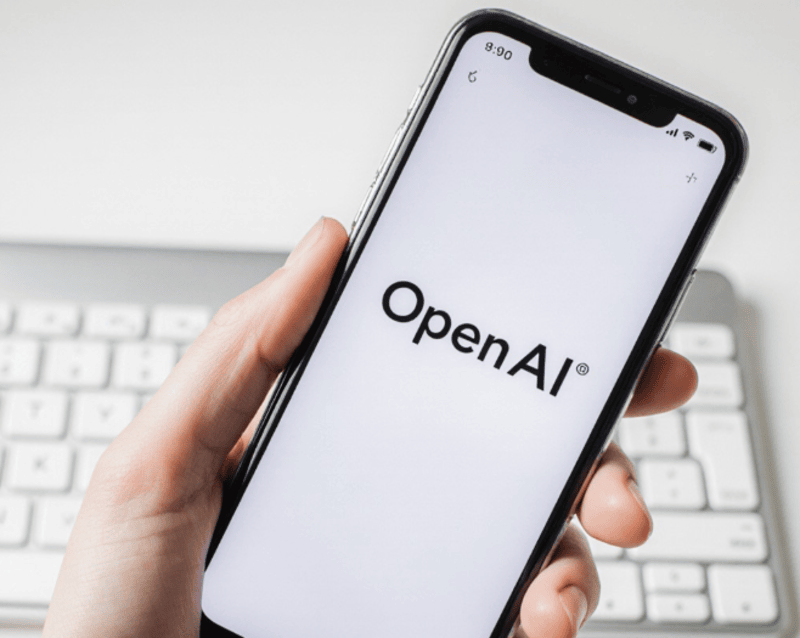OpenAI unveils locally-run AI models for desktops and laptops

The smaller model, gpt-oss-20b, is compact enough to run directly on consumer-grade personal computers, while the larger gpt-oss-120b can operate on a single high-performance GPU.
OpenAI on Tuesday announced the release of two new, free-to-download open-weight language models that it says excel in advanced reasoning and are optimised to run directly on personal laptops and desktops, a notable shift from the prevailing mobile-first model.
The models, named gpt-oss-20b and gpt-oss-120b, represent OpenAI’s first open release of model weights since GPT-2 in 2019, meaning their trained parameters are publicly available and free to download. Unlike previous models that required cloud access, these can be run locally, offering users greater control, privacy, and customisation.
More To Read
- Google raises AI stakes as OpenAI struggles to stay on top
- Google launches Workspace Studio, enabling anyone to build Gemini-powered AI agents
- ChatGPT could soon tap into Apple Health data for personalised wellness insights
- Gulf region paves the way to become digital data hub
- Apple names new AI chief amid pressure to catch up
- Rights experts sound alarm on AI’s potential to target activists, undermine electoral integrity
While not fully open-source, as they do not include training data or code, the models allow for fine-tuning and offline use, marking a significant step towards more accessible and transparent AI.
“One of the things that is unique about open models is that people can run them locally, behind their firewall, on their infrastructure,” said OpenAI co-founder Greg Brockman during a press briefing.
Models tailored for local deployment
The smaller model, gpt-oss-20b, is compact enough to run directly on consumer-grade personal computers, while the larger gpt-oss-120b can operate on a single high-performance GPU.
Both models are optimised to deliver reasoning performance comparable to OpenAI’s proprietary o3-mini and o4-mini models.
OpenAI stated that the models were trained on a text-only dataset with a strong emphasis on science, mathematics, coding, and general knowledge — a strategy aimed at enhancing performance in problem-solving, programming, and technical tasks.
According to the company, the models perform particularly well in coding, competition-level mathematics, and health-related queries.
Despite their advanced capabilities, OpenAI has not released benchmark comparisons against competing models such as DeepSeek-R1, a powerful Chinese-developed model that has gained attention for its cost-efficiency and performance.
Partnership with Amazon Web Services
Amazon Web Services (AWS) has confirmed that OpenAI’s new models are now available via its Bedrock generative AI platform, marking the first time OpenAI models have been hosted on Bedrock, Amazon’s cloud platform for building and deploying generative AI applications.
This allows developers to access and integrate OpenAI’s models alongside others from Anthropic, Mistral, and Meta, without the need to manage infrastructure.
Atul Deo, Director of Product at AWS Bedrock, said the integration would provide customers with more flexible AI options for both experimentation and production use.
“OpenAI has been developing great models, and we believe these will be valuable open-weight options for our customers,” Deo said.
While OpenAI has not yet commented on future plans for expanding its open-weight or open-source offerings, the availability of gpt-oss-20b and gpt-oss-120b may signal a strategic shift, particularly as demand grows for on-device AI, privacy-first tools, and cost-efficient inference.
The models are now available for download via OpenAI’s website, selected open-source repositories, and AWS Bedrock.
Top Stories Today













































